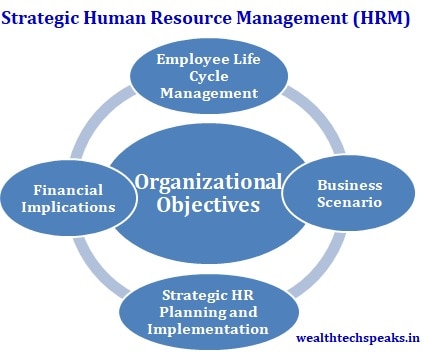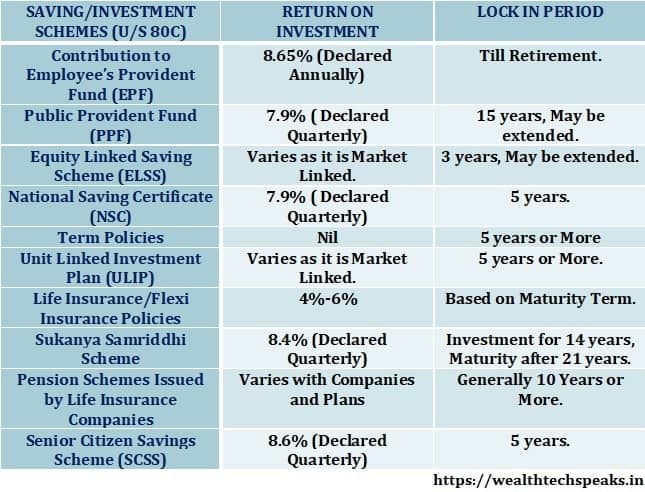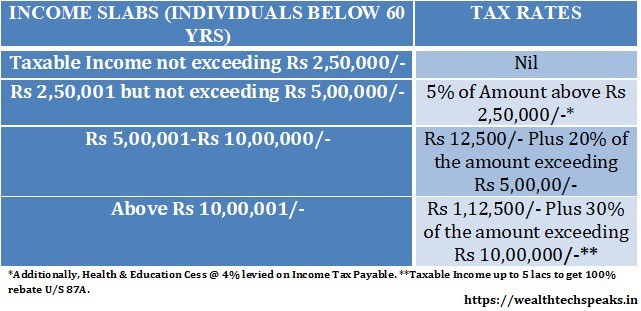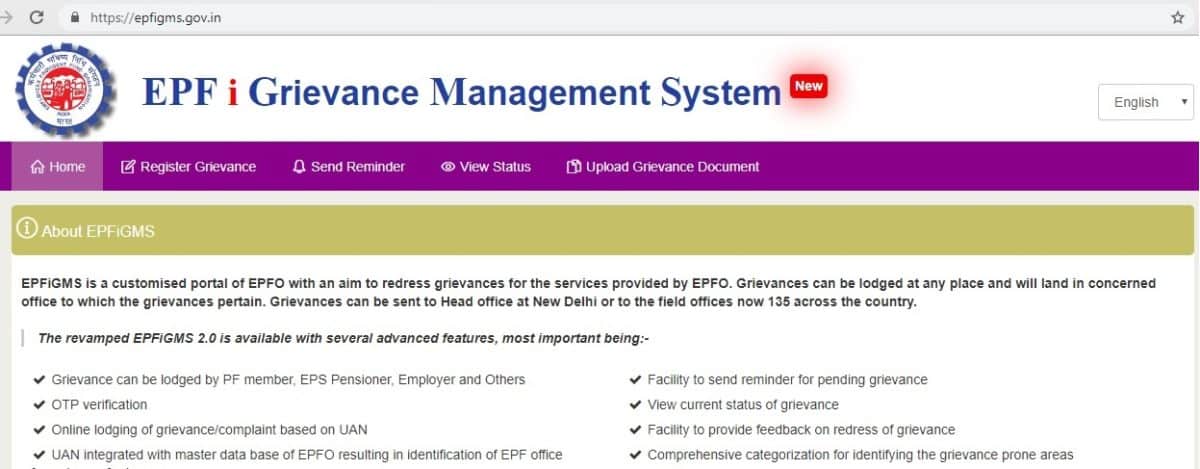Applicability of Tax on Retirement Benefits
- Posted By Amritesh
- On September 4th, 2016
- Comments: no responses
Employees receive monetary benefits at the time of retirement. Such benefits are taxable under the head, “Salaries” as it is profits paid in lieu of salary. Certain tax exemption wholly or partially is also granted on such benefits under the Income Tax Act, 1961. Tax on Retirement Benefits such as Annuity Pension and interest received on lump sum deposits is applicable as per the provisions of the Income Tax Act.
Tax exemption is available U/S 10 of the Income Tax Act. The exemption granted may be wholly or partially depending on the nature of benefit. These tax exemptions are provided on retirement benefits to reduce the financial burden. Furthermore, these financial benefits are for Individuals to sustain themselves and lead a comfortable life when they are no longer employed.
Employees’ Provident Fund (EPF): Tax on Retirement Benefits
Employees’ Provident Fund (EPF) is the lumpsum benefit paid to the Employee on retirement. The contribution to the fund is made equally by the employer as well as employee. However, the Employer contribution is partly diverted to Employee Pension Fund (EPF) while the rest goes into the EPF.
The Employee contribution is eligible for Tax Deduction U/S 80C while the lumpsum benefit received at the time of retirement is fully exempt from Tax U/S 10 (11).
Employees’ Provident Fund Scheme
Employees’ Provident Fund Scheme
Gratuity: Tax on Retirement Benefits
Gratuity U/S 10 (10) is voluntarily provided to employees who have served atleast 5 years in the organization. The benefit is an appreciation of service rendered by an employee to the organization.
The Tax Applicability on Gratuity is subject to following conditions:
1.) Gratuity received by Central and State Government, Defense and Local Authority Employees’ is exempt from tax.
2.) Any other employee covered under the Gratuity Act, 1972, exemption is based on following conditions:
3.) Exemption on Gratuity paid as 15 days salary, for every completed year of service based on last drawn salary.
Leave Encashment
Employee has the option to encash the paid/earned leave if not availed during the tenure of service. If the leaves are encashed during the tenure of service it is fully taxable. However, if the leaves are encashed at the the time retirement, certain tax benefits are applicable subject to provision laid out for the same.
Tax Applicability on Leave Encashment U/S 10 (10AA) at the time of Retirement:
Leave Encashment received by a Central or State Government Employee is fully exempt from Tax.
Leave Encashment received by Employees belonging to other sectors are provided exemption subject to least of the following;
1.) Actual Leave Encashment Received
2.) 10 months average Salary
3.) Cash Benefits, Leaves calculated on the basis of maximum 30 days of leave for each completed year of service.
4.) Maximum Amount Available for Exemption Rs 3,00,000/-.
Employees’ Pension Scheme (EPS)
Pension received by an Employee under Employees’ Pension Scheme (EPS) is taxable as per Income Tax Act, provided the income is in the taxable bracket as per the Income Tax Slab Rates.
Employees’ Pension Scheme (Series-1)
Employees’ Pension Scheme (Series-1)
Voluntary Retirement or Golden Handshake
On voluntary retirement or Golden Handshake U/S 10 (10C) least of the following is exempted from tax;
1.) 3 months salary for each completed years of service
2.) Salary at the time of retirement is multiplied with number of months left to attain retirement, or
3.) Maximum Amount of exemption is capped at Rs 5,00,000/-.
Note: Only notable Financial Benefits applicable from service/employment has been considered in the post for the purpose of Tax on Retirement Benefits.
Subscribe
Login
0 Comments
oldest







